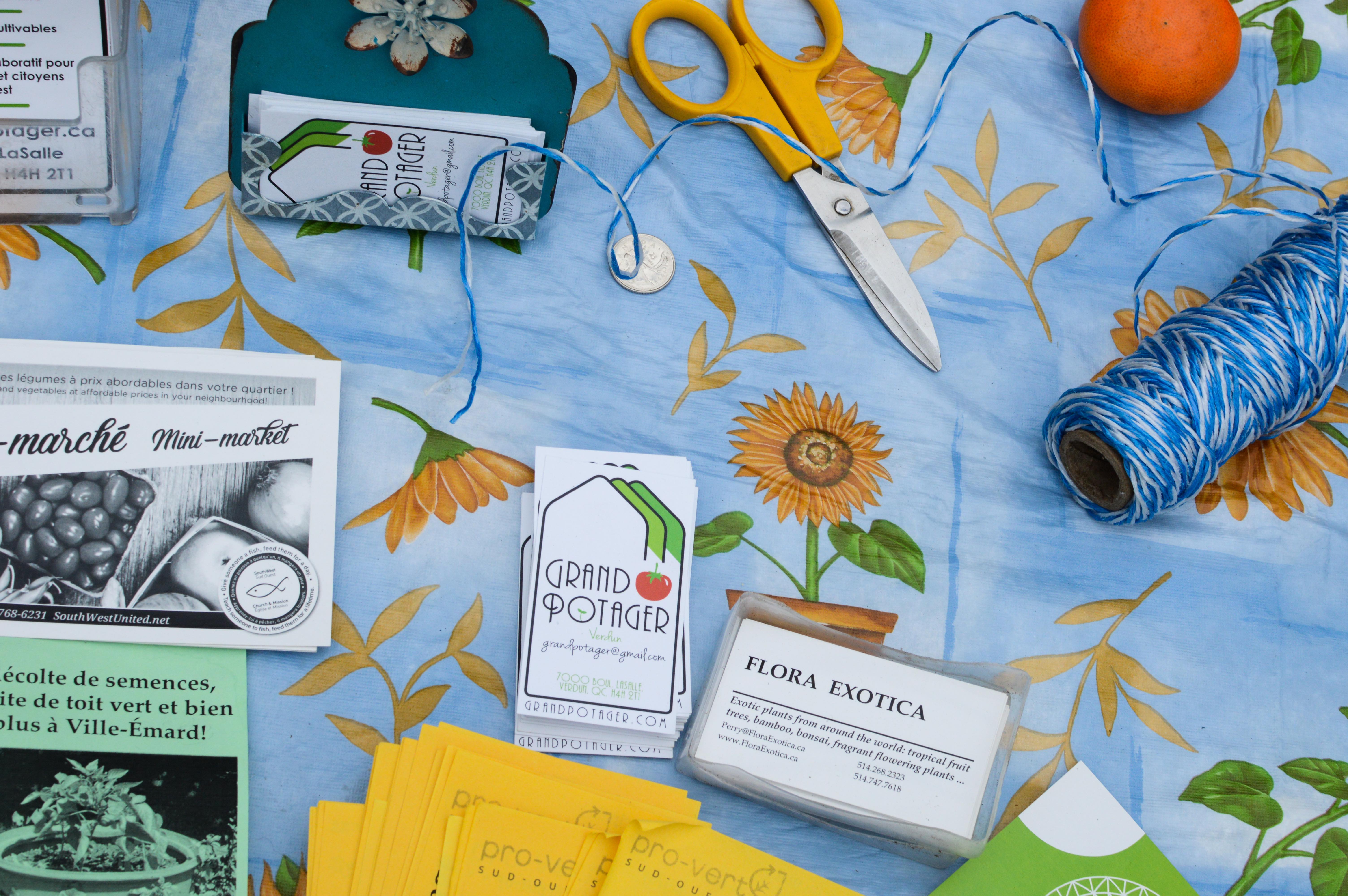A second breath of life for Verdun greenhouses
Two years ago, a group of people from the farmers market in Verdun decided to revitalize local greenhouses. This idea has sprouted into what is now Grand Potager, an urban agricultural centre in the district’s municipal greenhouses. Grand Potager has spent the last few years revamping local greenhouses as a way to give back to their surrounding community.
Lia Chiasson, co-founder of Grand Potager, explained that she and a group of people were walking alongside riverbanks with unused greenhouses and felt they had to do something. “One person talked to another who talked to another and that’s how the project was born,” said Chiasson. She explained that, because greenhouses are municipal property, although they submitted their district application in the fall of 2016, it wasn’t until 2018 that they were able to launch their pilot year. Grand Potager currently consists of twelve members.
According to Grand Potager’s website, the centre promotes urban agriculture—or growing food in a city setting and distributing it within local food systems. “Our goals are also forming social ties in gardening altogether,” said Chiasson. Grand Potager positively impacts the fabric of their community by bridging communication between other organizations working out of the Verdun greenhouses, local residents, and the municipal borough.
Chiasson explained that, while people from the neighbourhood frequent the greenhouses more often, everybody is welcome. “It’s a beautiful place near the river,” she said. “It’s perfect to do some workshops, conferences, harvest.” She also said that different people need different amounts of land for their gardens, and that they’ll do their best to accommodate that. “We have to meet the needs of all.”
Grand Potager is a vector of food security for its patrons, which are mostly local farmers. “We’re offering organic and local products of a good quality to our members. With this food security, we also teach [members] about vegetables, how they grow, where [they are] from. It allows [them] to develop culinary knowledge,” said Chiasson. Grand Potager offers many weekly events, both to Verdun residents and the general public. According to their website, the centre participates in the Verdun farmers market every week and occasionally partners up with other agricultural centres, like the Concordia Greenhouse. Chiasson said kids are more than welcome, and that a few schools near Verdun arranged for their students to visit and discover the greenhouses.
This system allows for a sustainable environment and, thanks to cleverly thought-out spacing and creative garden construction, Verdun is slowly turning green. “With our plans, we reduce heat islands, so we reduce greenhouse gases,” said Chiasson. “It’s also a sustainable economic view. The local market is a business incubator for emerging companies. It can help to develop their projects in greenhouses, also linked to food security.”
The next step for Grand Potager is to acquire more greenhouses, reorganize them to optimize their greenspace, and ultimately, welcome a larger community.
For more information about how you can get involved with Grand Potager and become a member, visit their website grandpotager.ca.
The Grand Potager Harvest Party is on Friday, Oct. 12. in the greenhouses at 7000 Boulevard LaSalle, Verdun, from 5 p.m. to 8 p.m.
Feature image by Mackenzie Lad.
